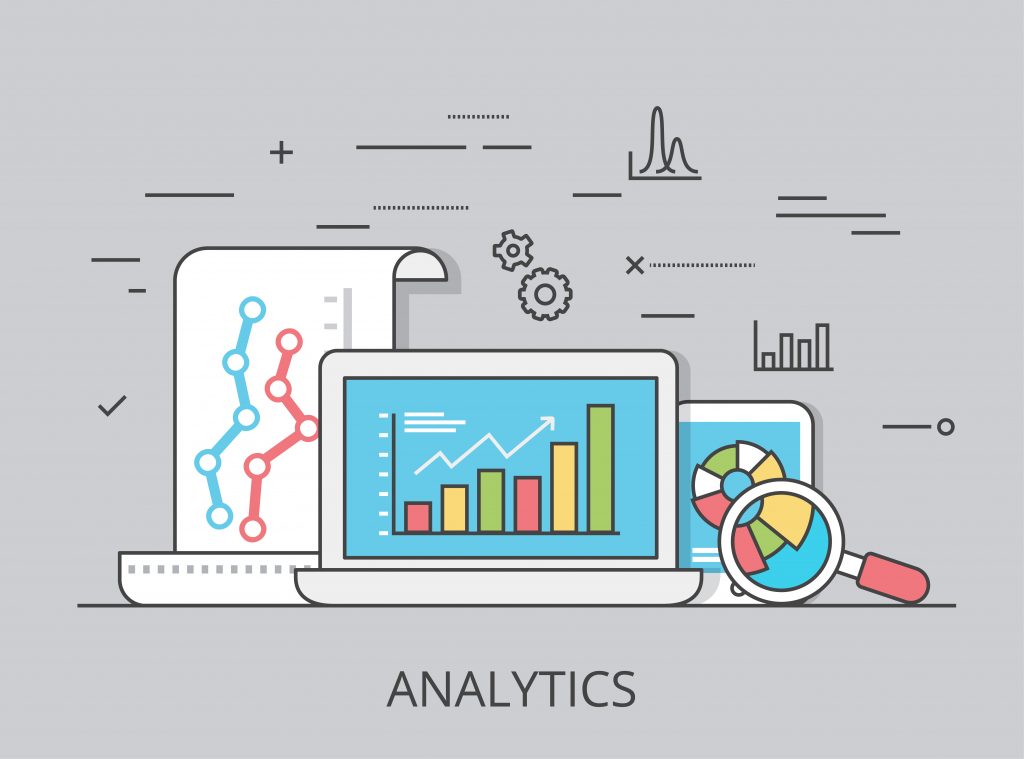
Google Analytics 4 is replacing Universal Analytics starting July 1, 2023, which will leave GA4 as the only option for Google Analytics users. This decision will majorly impact users as there are significant differences between GA4 and Universal Analytics. GA4 is the recommended property type for Google Analytics. It was previously called App+Web Property in beta as it can track both App and Web visits in a single property which eliminates the need to separate GA properties for different platforms.
The main differences between the two are as follows:
- All hits are tracked as events in GA4.
- Views are replaced by “Data Streams” in the GA4 account hierarchy, but do not perform the same function.
- Some metrics like average session duration and bounce rate are different or gone in GA4 compared to UA.
- Fewer standard reports are available in GA4, but they can be customised.
- There are 4 categories of events in GA4: automatically collected, enhanced measurement, recommended, and custom.
- Setting up conversion tracking is different in GA4, there are no more goals like pages/session or session duration, only events can be marked as conversions.
Before GA4, Google Analytics has changed a lot since its acquisition by Google in 2005. In April of that year, Google acquired a product called “Urchin Analytics” which became the classic version of Google Analytics that introduced UTM parameters. In 2013, the Universal Analytics (UA) platform was introduced and became the standard for tracking. On March 16, 2022, Google announced that GA4 will replace UA as the new standard.
How Does GA4 Analytics Measure Users vs. Universal?
- Universal Analytics uses a session-based data model, while GA4 Analytics uses an event-based data model
- UA tracks web activity using cookies sent to the user’s web browser during their session on a site
- GA4 Analytics also uses cookies for tracking, but allows for measurement across platforms and devices using multiple forms of identity
- GA4 Analytics utilizes first party data and “Google signals” from users who have opted into ads personalization
- As privacy concerns increase, cookies may become less prevalent, which could be a negative for digital marketers.
Despite all these changes, Google Analytics 4 will still be free. The free version helps businesses of all sizes and stages analyze and improve their websites and apps. GA is installed on over half of all websites on the internet. The robust free version is a major reason for its popularity. The paid version allows for more pageview processing, but the core functionality is essentially the same as the free version.
Universal Analytics properties will stop processing hits on July 1, 2023. Marketers have until then to switch fully to GA4. Many marketers will use UA as the primary measurement standard in the short term while focusing on GA4. During this time, you have to learn how to use GA4 and set up their measurement environment. GA4 should now be your highest priority since UA will soon be discontinued.






